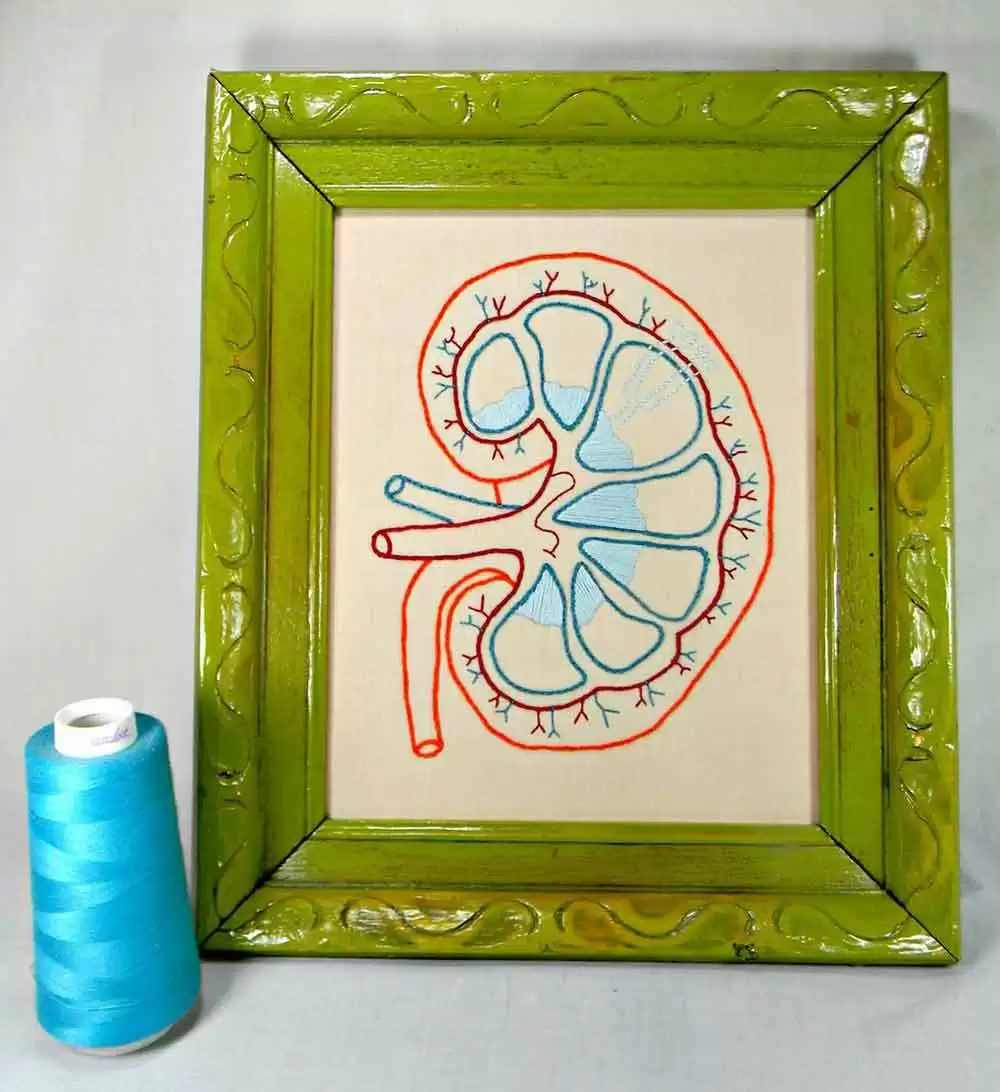Celiac.com 04/17/2025 - Celiac disease is an autoimmune condition triggered by gluten, a protein found in wheat, barley, and rye. When individuals with celiac disease consume gluten, their immune system attacks the small intestine, leading to inflammation and damage. Over time, this immune response can affect other parts of the body, including the kidneys. This study explores whether early diagnosis of celiac disease and adherence to a gluten-free diet can reduce the risk of developing immune-mediated kidney diseases.
The Connection Between Celiac Disease and Kidney Health
Celiac disease is known to be associated with other autoimmune conditions, such as type 1 diabetes and thyroid disorders. However, its relationship with kidney diseases has not been thoroughly investigated. Immune-mediated renal diseases (IMRDs) are a group of kidney conditions caused by abnormal immune system activity. These diseases can lead to kidney damage and, in severe cases, kidney failure.
Celiac.com Sponsor (A12):
The study aimed to answer two key questions:
- Does early diagnosis of celiac disease reduce the risk of developing IMRDs?
- Does prolonged exposure to gluten increase the risk of these kidney conditions?
How the Study Was Conducted
Researchers used data from Swedish national health registers, which included medical records of over 3 million individuals. They identified people diagnosed with celiac disease and compared them to a control group without the condition. The study focused on individuals diagnosed with celiac disease before the age of 30 and analyzed their risk of developing IMRDs based on the age at which they were diagnosed.
The researchers divided participants into two groups:
- Those diagnosed with celiac disease before the age of 15.
- Those diagnosed between the ages of 16 and 30.
They also examined whether the risk of IMRDs changed before and after a celiac disease diagnosis.
Key Findings
The study revealed several important insights:
1. Early Diagnosis Reduces Risk
Individuals diagnosed with celiac disease before the age of 15 had only a 12% increased risk of developing IMRDs compared to the general population. In contrast, those diagnosed between 16 and 30 years old had a 60% higher risk. This suggests that early diagnosis and treatment with a gluten-free diet may protect against kidney complications.
2. Risk Decreases After Diagnosis
For most of the IMRDs studied, the risk of developing these conditions decreased after a celiac disease diagnosis. This reduction was particularly notable for conditions like acute nephritic syndrome and rapidly progressive nephritic syndrome.
3. Gluten Exposure Plays a Role
The findings indicate that prolonged exposure to gluten may increase the risk of IMRDs. This aligns with the idea that untreated celiac disease can lead to systemic inflammation, which may affect the kidneys over time.
Why These Findings Matter for People with Celiac Disease
For individuals with celiac disease, this study highlights the importance of early diagnosis and strict adherence to a gluten-free diet. By removing gluten from the diet, the immune system can calm down, reducing inflammation and potentially preventing complications in other organs, including the kidneys.
The study also underscores the need for awareness among healthcare providers. Symptoms of celiac disease can be subtle or mistaken for other conditions, leading to delayed diagnosis. Early testing and intervention could significantly improve long-term health outcomes for patients.
Limitations of the Study
While the study provides valuable insights, it has some limitations:
- The researchers did not have data on whether participants strictly followed a gluten-free diet after diagnosis.
- Some kidney conditions may have been misclassified due to limitations in the diagnostic codes used in the health registers.
- The study population was primarily Swedish, so the findings may not apply to all populations.
Conclusion
This study sheds light on the connection between celiac disease and kidney health, emphasizing the benefits of early diagnosis and treatment. For individuals with celiac disease, adhering to a gluten-free diet not only protects the intestines but may also safeguard the kidneys from immune-mediated damage.
For the broader celiac community, these findings are a call to action. Raising awareness about the condition, improving diagnostic tools, and ensuring access to gluten-free foods can help reduce the risk of complications and improve quality of life for those living with celiac disease.
Read more at: bmcgastroenterol.biomedcentral.com











Recommended Comments
There are no comments to display.
Create an account or sign in to comment
You need to be a member in order to leave a comment
Create an account
Sign up for a new account in our community. It's easy!
Register a new accountSign in
Already have an account? Sign in here.
Sign In Now